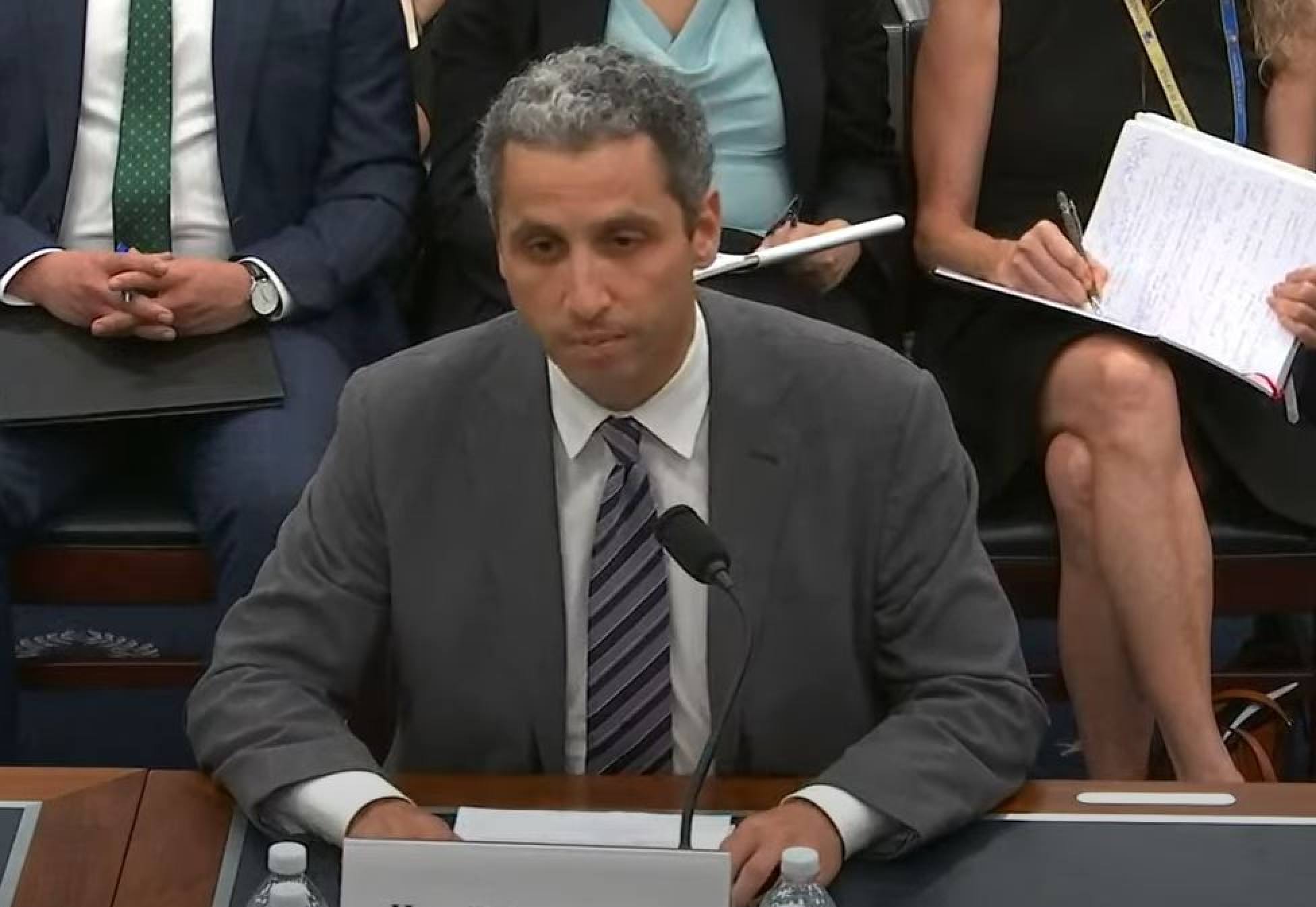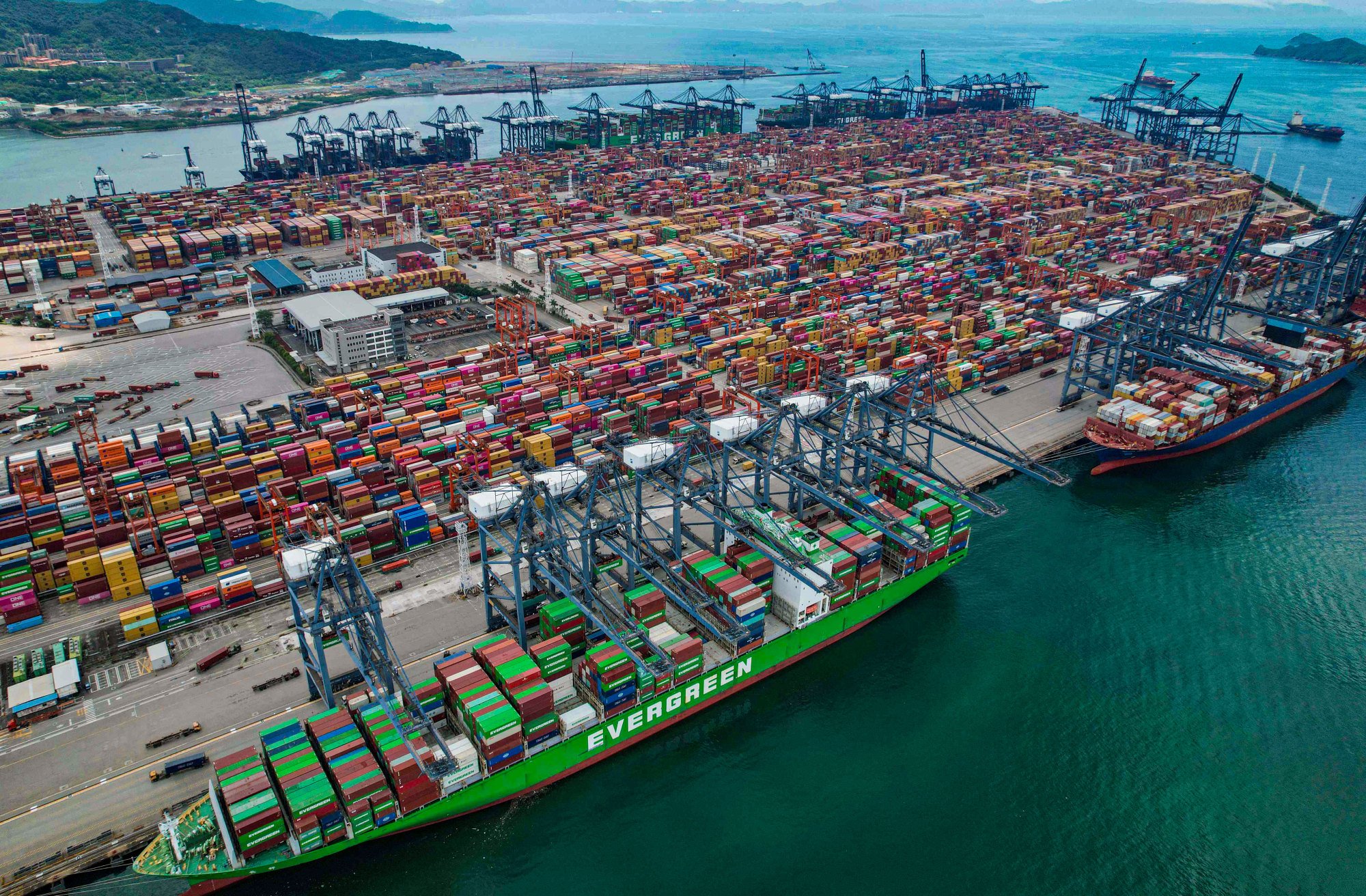The US is banning imports from two more Chinese companies over alleged human-rights abuses involving Uygurs, it was revealed on Wednesday, the latest development in America’s drive to eliminate goods made with forced labour from its supply chain.
The companies joining the Department of Homeland Security’s Uygur Forced Labour Prevention Act (UFLPA) entity list are Baowu Group Xinjiang Bayi Iron and Steel, a subsidiary of the world’s largest steelmaker, and Changzhou Guanghui Food Ingredients, a food-additives manufacturer. The restrictions take effect on October 3.
Wednesday’s announcement marks the first time that steel and aspartame companies have been added to the list, which also includes entities in the agriculture, apparel, batteries, chemicals, electronics, household appliances, plastics and polysilicon sectors.
Do you have questions about the biggest topics and trends from around the world? Get the answers with SCMP Knowledge, our new platform of curated content with explainers, FAQs, analyses and infographics brought to you by our award-winning team.
Now the total number of sanctioned mainland China-based companies stands at 75, according to the department.

“No sector is off-limits,” said Robert Silvers, an undersecretary for policy at Homeland Security.
“We will continue to identify entities across industries and hold accountable those who seek to profit from exploitation and abuse.”
The UFLPA, signed into law in 2021, created a “rebuttable presumption” that any materials produced in the Xinjiang Uygur autonomous region are at risk of being tainted with forced labour.
The “guilty-until-proven-innocent” principle effectively inverted US customs laws related to forced labour.
Companies can appeal if they provide “clear and convincing” evidence to customs authorities that their supply chains are free of forced labour.
Homeland Security on Wednesday said state-owned Xinjiang Bayi has “repeatedly participated” in the transfer and receipt of ethnic minorities from Xinjiang, such as Uygurs and Kyrgyz, by way of Xinjiang government labour programmes.
As for Changzhou Guanghui, the department said the Jiangsu-based company sourced aspartame and aspartame inputs from Xinjiang.

The international community in recent years has increasingly voiced concern about the situation in Xinjiang, where the Chinese government has been accused of committing genocide and crimes against humanity targeting Uygurs and other religious and ethnic minority groups.
The alleged crimes include arbitrary detention, destruction of religious sites, forced labour, rape, sterilisation and torture.
Beijing has repeatedly and vehemently denied claims of forced labour, instead portraying its government work schemes as poverty-alleviation programmes.
“The US is again spreading false stories on Xinjiang, putting sanctions illegally on Chinese companies in the name of human rights,” said Liu Pengyu, spokesperson for the Chinese embassy in Washington.
In blacklisting the companies, the US was “hurting the right to subsistence, employment and development of people in Xinjiang”, Liu added.
Since the UFLPA took effect in 2022, US Customs and Border Protection has inspected 9,791 shipments totalling US$3.56 billion, denying entry to 3,976 of them.
Still, US House lawmakers last week voiced concern that the act has been insufficiently enforced and called for stronger implementation.
More from South China Morning Post:
- China ‘profoundly unhelpful’ as it ignored chance to cooperate: US diplomat
- China raises Xinjiang cotton with parent firm for Calvin Klein and Tommy Hilfiger
- China’s Xinjiang vows to increase support for firms under US ‘forced labour’ sanctions
- US disappointed in China’s actions in Xinjiang two years after UN human rights report
For the latest news from the South China Morning Post download our mobile app. Copyright 2024.





